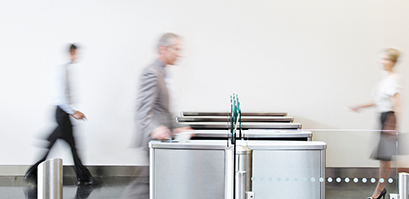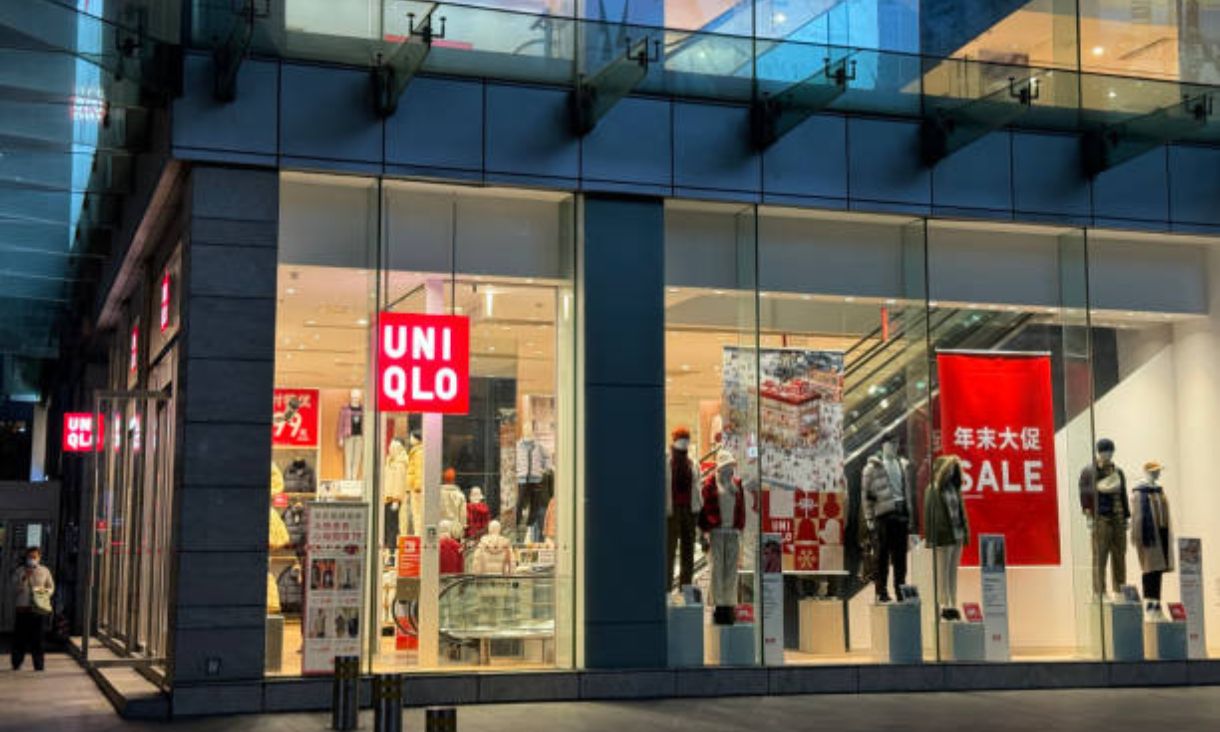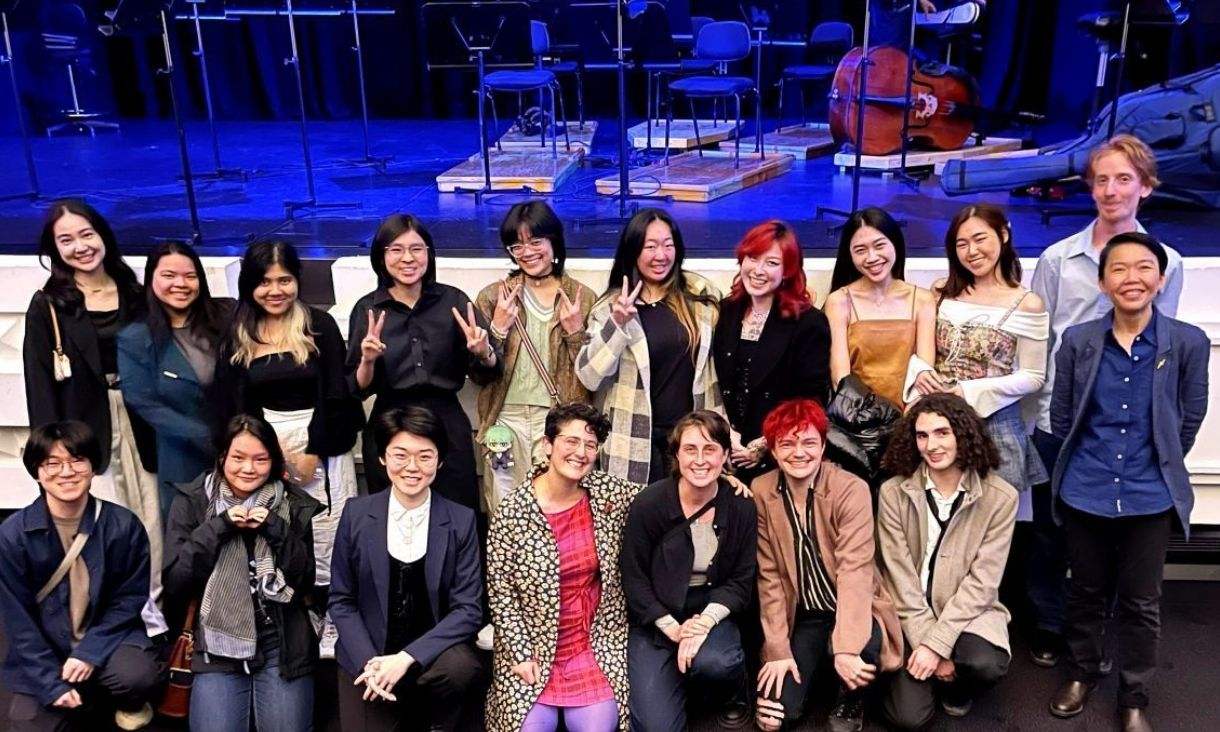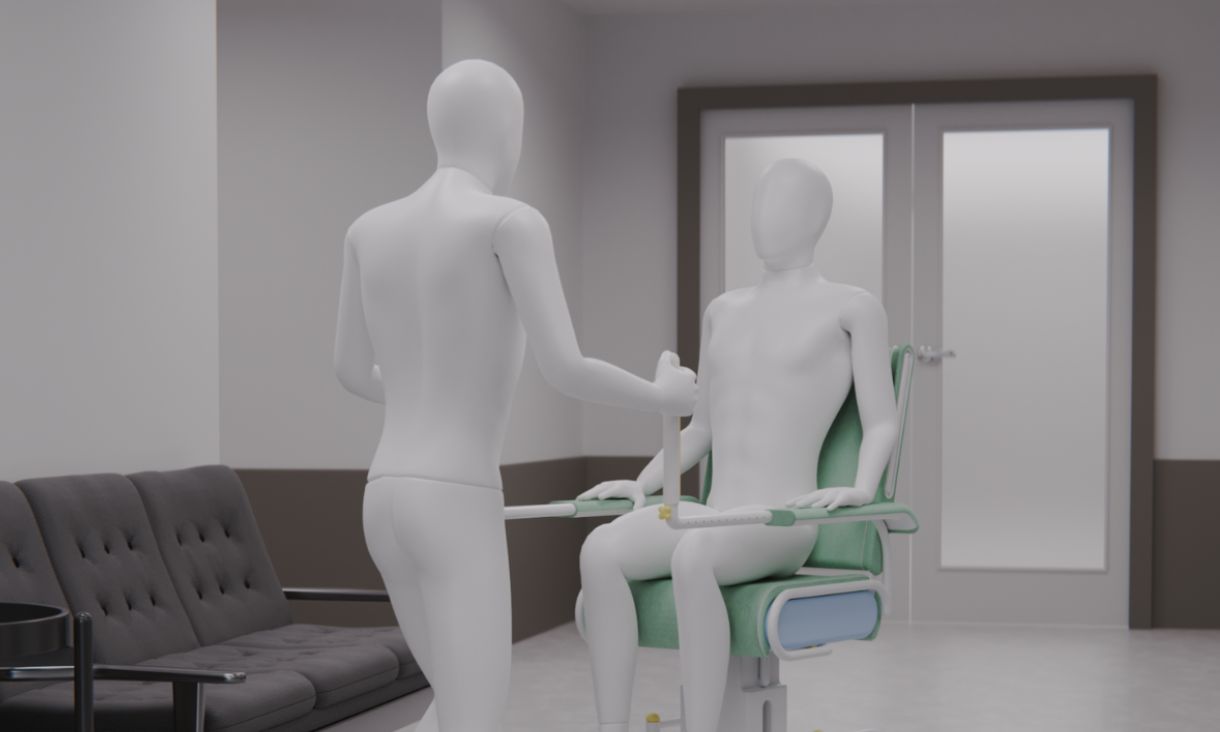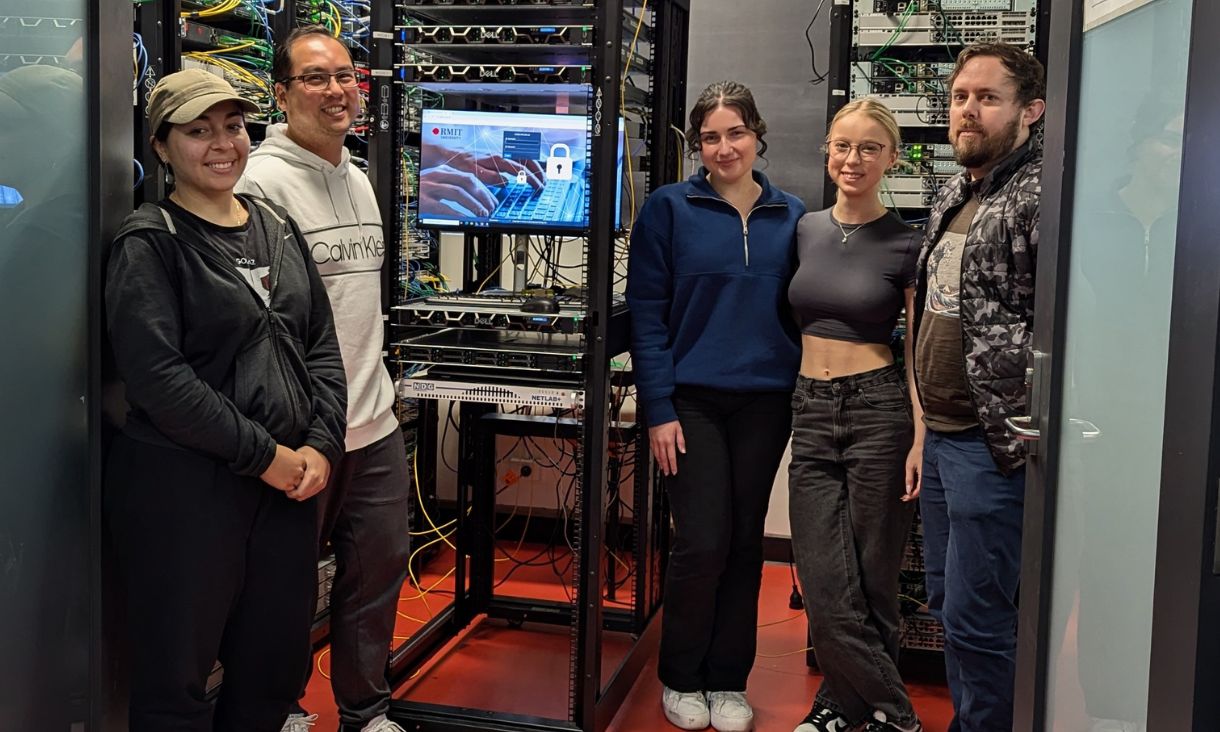Last week, the Royal Commission into Violence, Abuse, Neglect and Exploitation of People with Disability heard from business leaders from some of Australia’s largest corporations and the public sector, as it examined why Australia’s employment of people with disability is so shockingly low.
According to the Australian Institute of Health and Welfare just 53.4% of working-aged people with disability participate in the labour force, and they are twice as likely as those without disability to be unemployed.
In an earlier hearing, the commission’s Chair Ronald Sackville AO QC noted “Australia has one of the lowest employment rates for people with disability in the OECD.”
Associate Director, Student Equity and Inclusion at RMIT University, Lara Rafferty described the low employment rates for people with disability in Australia as “a missed opportunity and an enormous underutilisation of talent.”
“At RMIT, we recognise that providing equitable access to a great education is fundamental to what we do but it is just a part of what we do... Increasingly, we’re also partnering with employers who are keen to broaden the diversity of their incoming staff by connecting them with some of our students with disability,” she said.
“We now have a specialist careers adviser who can connect students with disability to a range of career support services and programs and to employers.”
In 2020, RMIT’s Equitable Learning and Accessibility team created 2,625 customised learning plans for individual students with disability to access adjustments and services to enable their full participation.
But the support to students, in the form of adjustments to study conditions, assistive technology and enabling assistance staff, for example, doesn’t end there.
RMIT has also established a partnership with graduate disability employment service GradWISE and a range of internship and mentoring programs, including with the Australian Network on Disability.
Careers Consultant, Equitable Learning and Accessibility, Jonathan Wood, says any university that is committed to “understanding the challenges students with disability face in gaining employment and implementing resources and support to help to set them up for success in the workplace” is critical to increasing the workforce participation rate of people with disability.
“In my experience, university students with disability have a bit of fear around, ‘well, what happens next?’ after university. ” Wood said.
“Often they are really comfortable with university, and RMIT has created a great, inclusive space, but that fear of what happens next, due to the barriers to employment many people face, can become overwhelming,” he said.
Wood’s role is multi-faceted and ranges from assisting with job applications and preparing students for interviews, to connecting students with intern and graduate programs and to employers.
“Sometimes, it’s just about reassuring students that employers are looking for diverse, resilient and flexible staff, and reminding them of the resilience they’ve shown in completing their studies while managing their disability, along with the impacts of COVID, and students are left with a sense of excitement about their future,” he said.
Student Gajus Polikaitis, who participated in the GradWISE program while undertaking his Master of Cyber Security at RMIT, says having access to such programs and to specialist career advisers like Wood, has been “life changing.”
Earlier this year, the team at GradWISE helped Polikaitis secure a Graduate Program role with ANZ, which he will begin next year.
“It was RMIT who set me up with GradWISE and gave me the opportunity to participate in their program,” said Polikaitis, who lives with neurological and learning disability.
“I went into the program looking for a change in my life and that opportunity was the start of that change,” he said.
“I had never received assistance like that before… and now I have this amazing opportunity at ANZ to look forward to that I may not have otherwise had,” he said.
Wood said that while there are still many obstacles to employment for people with disability, there is an “increasing appetite within the job market for a diversity of talent.”
“Employers are starting to see the benefits that happen, for example, to a group’s insights and intelligence or to the group’s empathy when someone with disability joins a team,” he said.
“Approximately one in six Australians identify as living with a disability. So, when businesses represent the communities that they serve, when they have these inclusive practices, they start seeing a whole range of benefits, including better profits,” Wood said.
RMIT’s own commitment to being a diverse and inclusive employer, saw the Australian Network on Disability, name it as one of the top five participating organisations benchmarked for accessibility in 2021.
As RMIT’s Chief People Officer Meegan Marshall told the royal commission at last week’s hearings, the university takes a proactive and “designing for dignity” approach to removing systemic barriers to employment at RMIT.
“Our motivating desire is to give employees a good experience and making sure that we've removed any barriers that we can for those employees for participation in our workforce,” she said.
Story: Rachel Wells
